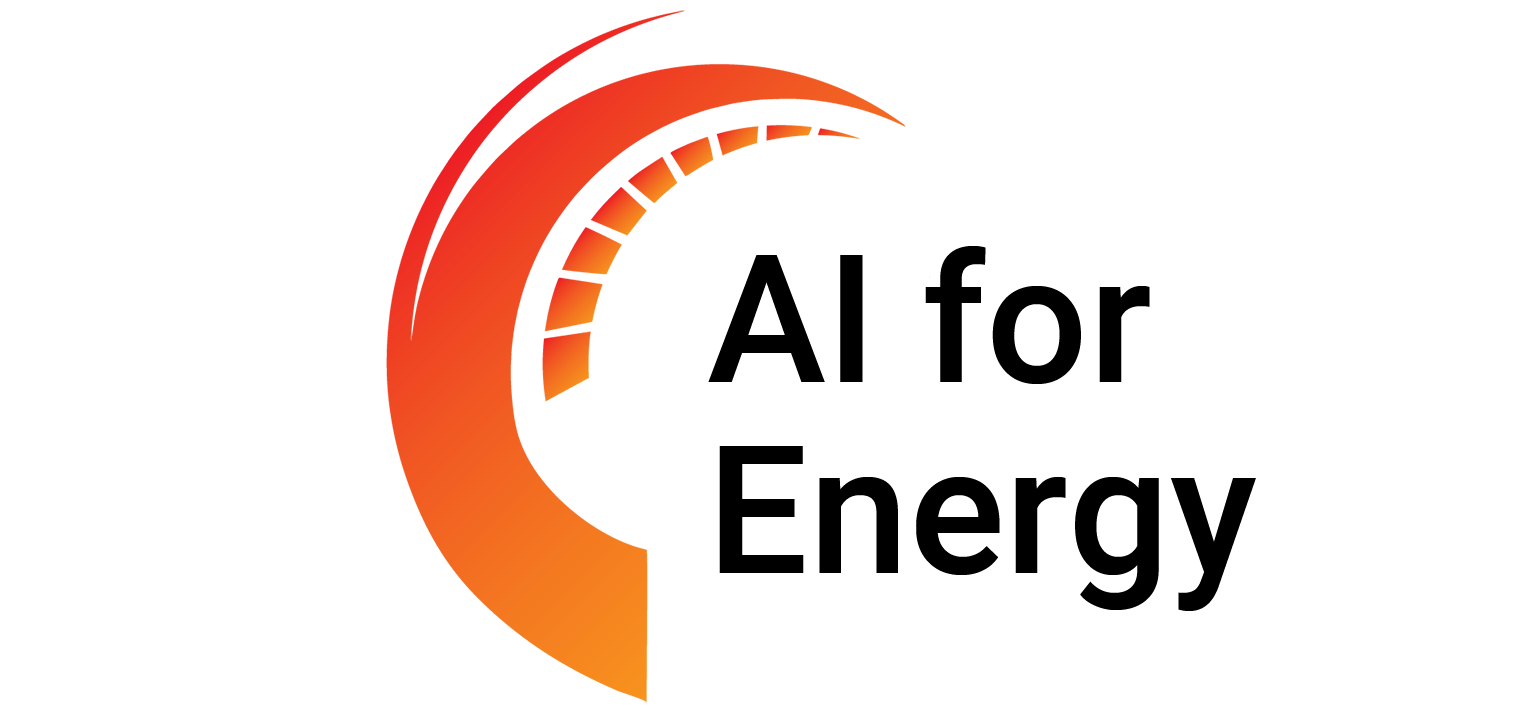
The end-use case in energy systems tackles a fundamental societal challenge: how to power the electricity grid with a range of resources from conventional and nuclear generators to renewable energy resources such as solar farms, hydropower, and batteries. The proliferation of distributed energy resources adds significant stochasticity in front and behind the meter and increase forecasting errors. Their availabilities are also not necessarily aligned, temporally and spatially, with the demand, creating the need for storage solutions and demand response programs. These challenges will be further exacerbated by the electrification of "everything", including the transportation systems, and the addition of numerous data centers that stress the grid even more.
The Institute will explore forecasting, machine-learning, and optimization methods to solve the resulting planning and operational challenges. It studies both how to enhance existing market-clearing algorithms to accommodate the induced stochasticity and manage risks. It also develops new decentralized control and optimization algorithms to accommodate the massive increase in distributed energy resources. This end use case will collaborate closely with the end-to-end learning and optimization, distributed optimization, and decision making under uncertainty thrusts.
Some of the contributions of this end-use case include
The Just-In-Time Learning methodology which trains machine-learning models for the security-constrained economic dispatch under different generator commitment.
Self-supervised learning for constrained optimization which learns both primal and dual values in an augmented Lagrangian framework for applications in power systems.
The combination of confidence-aware graph-neural networks and fast feasibility restoration to guarantee feasibility in reliability commitment problems (FRAC and LAC in MISO terminology).
A novel methodology to generate high fidelity time series for power systems test cases.
The compact optimization learning methodology that learns OPF problems with up to 30,000 buses.
Warm-starting ADMM Algorithms with optimal primal and dual estimates for learning decentralized power systems.








